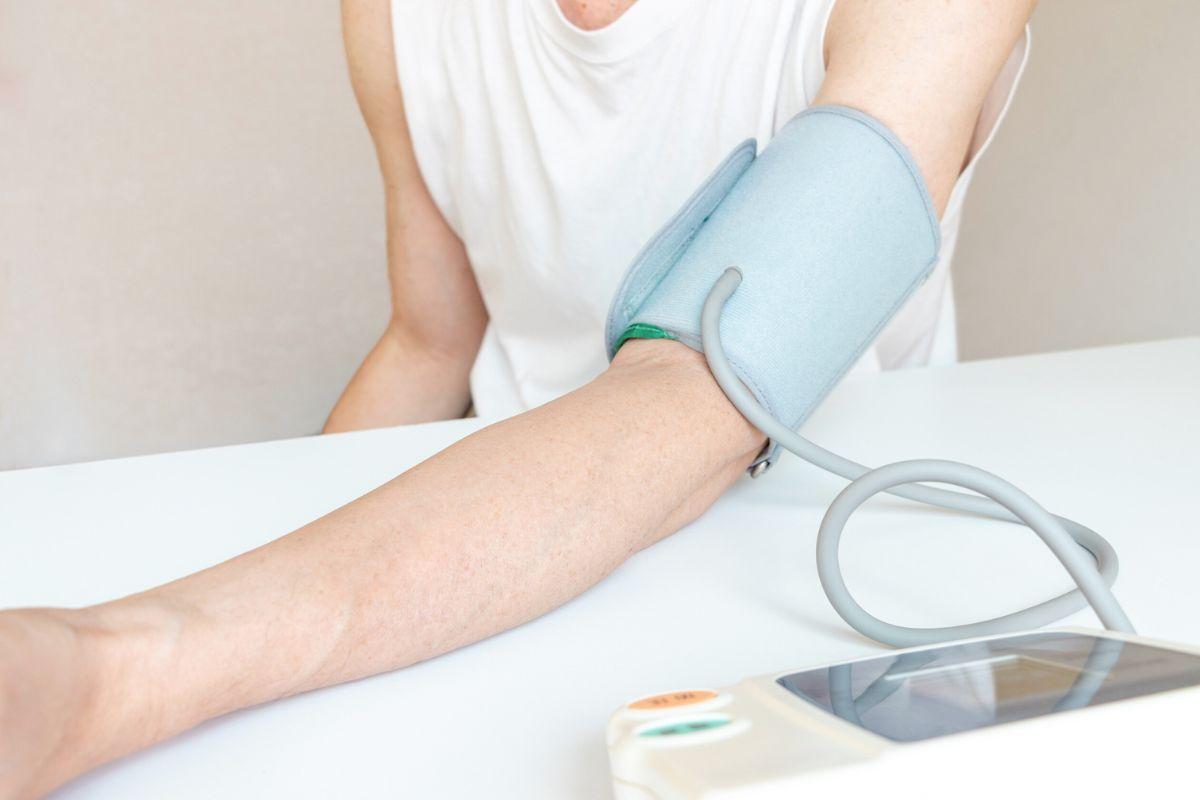Interviewed by Gurminder for Doctify
Next week is eating disorders awareness week, which aims to encourage earlier diagnosis of eating disorders.
We asked consultant psychiatrist Dr Belda to tell us more about them.
Tell us about the types of patients you see?
I am the consultant at an NHS Dual Diagnosis inpatient unit. We specialise in treating people who have a drug or alcohol addiction and an additional mental health problem. Eating disorders, like many other mental health conditions, often coexist with addictions.
I also have my own private practice in Harley Street, where I see patients with a range of mental health problems, including eating disorders. An eating disorder is not always obvious, even to an expert, particularly in the early stages or when the weight is normal. Patients often come to my clinic for other reasons and an eating disorder is diagnosed. A thorough assessment is crucial to identify them.
What sort of eating disorders do you see in your clinics?
I see patients with anorexia nervosa, bulimia nervosa, atypical anorexia and binge eating. Sometimes it is difficult to classify people with one of these conditions: textbook definitions are very good for passing exams, but day to day clinical practice differs from a textbook. For instance, what most people call anorexia is the restrictive anorexia, where patients never binge eat; however some people with anorexia also have episodes of binge eating, and it is not always easy to differentiate it from bulimia nervosa. But generally speaking anorexia and bulimia are the two main types of eating disorder, with other eating disorders being variations of these.
How do you diagnose someone with an eating disorder?
With a humane approach, establishing rapport with the patient and creating an atmosphere of trust; listening carefully to what my patient says as well as what they do not say; with tact and sensitivity, asking open-ended questions and having an open mind to consider all the possibilities.
There are times when, unfortunately, the condition is so advanced that it is immediately evident, but we should aim to prevent those cases.
There are occasions when people are referred by other clinicians with a strong suspicion of an eating disorder due to weight changes, and the main problem happens to a metabolic rather than an eating disorder. Physical investigations are always very relevant. For instance, an overactive thyroid can cause a dramatic weight loss sometimes mistaken for anorexia nervosa.
There are times when it is difficult to diagnose an eating disorder, hence the importance of a thorough assessment in an unrushed atmosphere without neglecting physical investigations.
How would I know if I had an eating disorder or a loved one has it?
There are self-assessment tests and questionnaires, but I strongly advise that if you suspect an Eating Disorder you should consult a clinician. The consequences of missing it can be catastrophic.
The main barrier is when the patient hides it, mainly for fear of losing control. When we perceive that things in life get out of control, we might think that the weight and eating pattern is something that we can control. The reality is that it will control us rather than us controlling it.
Is it true that a lot of people with eating disorders find it hard to accept the diagnosis?
The fear of losing control can be overwhelming and it makes this condition difficult to accept. When it comes to binge eating (or even in bulimia and some cases of anorexia) people can become addicted to vomiting due to the release of endorphins which takes place after each episode of vomiting.
Body image distortion is a common feature of anorexia, and when it happens the sufferer lacks insight. Acceptance cannot happen without people realising that there is a problem, but we need to establish the difference between lack of insight and lack of acceptance.
Each individual is different, and textbooks are good to study, but day-to-day clinical reality is different and there are as many types of eating disorders as people suffering from them. Their individual experience is unique and hence the way they react to it.
People reading this might have a loved one with a suspected eating disorder and they are worried that this person won´t seek professional help. How would you approach this?
The first step is to be patient and understanding, supporting the person to overcome the fear. Never judge or become angry. Never make the person feel guilty: they might feel bad enough and if they lose the trust on the loved ones, the eating disorder is likely to worsen.
Explain that there is professional help out there to support them, somebody who knows how they feel, and whenever possible remain involved in your loved one’s care. When it comes to the behavioural component of the therapy, the role of the immediate family is fundamental. Research reveals that the prognosis is better when the family works with the patient and with the therapist as a team.
Do your patients get cured? If so, how?
Yes, of course. The prognosis depends upon many factors and early detection and treatment is important. To ensure that the person is safe is the first priority, so parameters like weight, heart rate and blood sodium and potassium levels are used to inform the level of care that the patient needs including admission to hospital. Equally, we need to ensure that the patient is feeling safe in terms of self-harm or suicide which at times can be associated to eating disorders. The best prognostic factor is motivation to overcome the condition. Motivational interviewing is proving a very beneficial tool for the treatment of these conditions.
The main therapeutic tool is psychological intervention, but medications are often helpful. Antidepressants are relevant in anorexia nervosa when there is a collateral depression. In bulimia and binge eating, antidepressants can help to reduce the urge for the binges. Antidepressants can also help when there is an obsessive compulsive component attached to an eating disorder. Overvalued obsessional ideas about weight are frequently attached to anorexia nervosa and certain antidepressants can be helpful to overcome this.
People with eating disorders can overcome their condition and have a very successful personal and professional life.
Are there myths or misconceptions that you often discuss with the patients?
Yes of course! For instance, the appetite is preserved in anorexia, and it is an effort not to eat, although later on sufferers tend to get used to it. People still believe that people with anorexia nervosa do not have an appetite!
For a long time it was believed that there is a common pattern in family dynamics of people with anorexia, where the mother is the domineering one, the father passive and the daughter allies with the father, but this is a fallacy.
Eating disorders happen in men as well (although less frequently than in females).
There was the belief that anorexia was more frequent amongst the upper middle classes, but this is not true. The pressure about weight and shape by the media and publicity are affecting the whole of the population.




